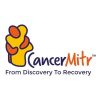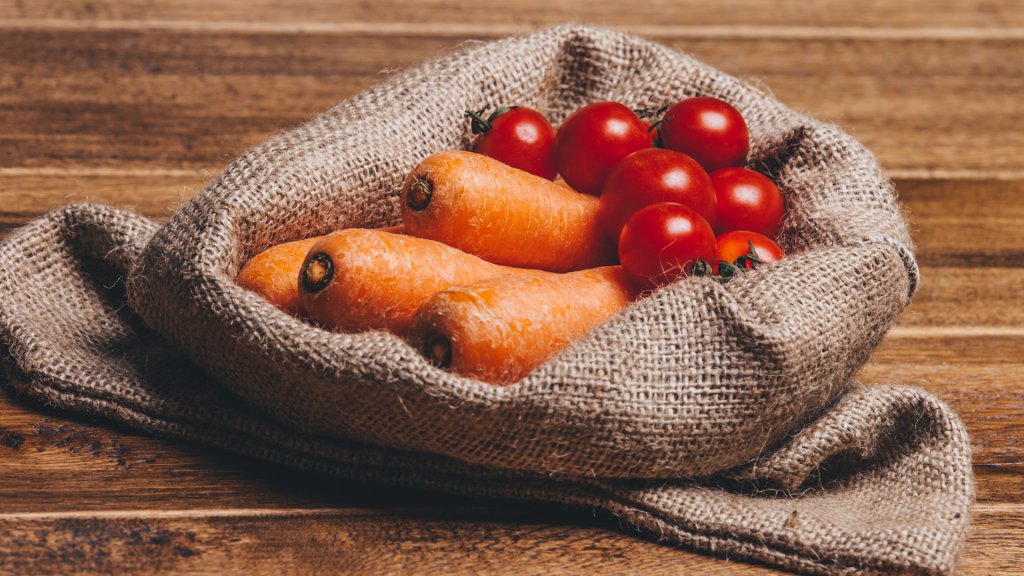- Home
Cancer Diet: How Nutritional Support Helps in Managing Side Effects
Cancer treatment comes with a lot of baggage in the form of physical health problems, making a nutritional diet for cancer patients crucial. This is because cancer, as a disease, progresses in the human body over time, destroying the tissue’s ability to function normally. The therapeutic interventions employed to combat cancer, such as tumour or organ removal, chemotherapy, radiation therapy, hormone therapy, and immunotherapy, are crucial yet bring about alterations in the body’s biochemistry, leading to cellular demise and other nerve-racking side effects.
Navigating through these challenges requires a comprehensive understanding of how to manage the side effects associated with cancer treatment effectively. This article explores nutritional strategies and how mindful nutritional choices can play a pivotal role in alleviating and mitigating the impact of these treatment-induced health issues.
“>”>How can one manage the side effects of cancer treatment?
The human body, in any condition, requires enough nutrients to function normally. Moreover, the significance of protein, vitamins, and minerals cannot be overstated, as they play a pivotal role in fortifying the body’s natural immunity and facilitating optimal healing processes. A well-balanced and nutritious diet emerges as a cornerstone in attenuating the intensity of cancer-related pain and mitigating the side effects associated with various treatment modalities. By understanding the symbiotic relationship between dietary choices and physiological resilience, individuals undergoing cancer treatment can proactively enhance their overall well-being.
Also read: 10 Risk Factors For Head And Neck Cancer
“>How does one manage cancer treatment side effects with diet? “>
Digestive Challenges: Cancer treatments such as radiation and chemotherapy often trigger digestive issues, manifesting as symptoms like vomiting, diarrhoea, constipation, and bloating. Addressing these concerns requires a multifaceted dietary approach. Adequate hydration, with a recommended intake of 2-3 litres of water daily, proves beneficial. Consuming warm water before the customary bowel time and incorporating fibre-rich foods, such as whole grain cereals, whole grain bread, and bran, aids in promoting digestive regularity. Additionally, integrating fruits like raisins, prunes, peaches, and apples into the diet can provide further relief.
Dry Mouth Management: Chemotherapy, a common cancer treatment, may induce dry mouth, necessitating specific dietary adjustments. Minimizing the consumption of foods and beverages with excessive sugar content and opting for natural sugar sources found in fruits helps alleviate dry mouth symptoms. Sipping warm water intermittently when experiencing discomfort in the mouth proves soothing and aids in maintaining hydration.
Eating Challenges: Chewing difficulties and digestive disruptions associated with cancer treatments often hinder individuals from adhering to their regular three-meal diet. Overcoming this hurdle involves adapting dietary habits. Medical experts recommend opting for semi-solid food items or liquids instead of solid foods. Consuming smaller portions at regular intervals, comprising lean proteins, fruits, vegetables, whole grains, and low-fat dairy, while moderating alcohol, sugar, and caffeine intake, facilitates easier digestion and nutrition absorption.
Combating Fatigue: Cancer treatments like chemotherapy, immunotherapy, and radiation commonly induce fatigue or weakness. A balanced diet becomes instrumental in managing these symptoms. Incorporating plenty of fruits and maintaining regular water intake distributed throughout the day can contribute significantly to coping with fatigue.
Addressing Loss of Appetite: Altered smell and taste, as well as digestive issues, often lead to a loss of appetite during cancer treatment. Overcoming this challenge requires a strategic dietary approach. A diet rich in semi-solid foods and liquids proves beneficial. Medical experts recommend incorporating more protein-rich foods while reducing sugar, spice, and salt content to stimulate appetite and maintain nutritional balance.
Preventing Malnutrition and Weight Loss: Decreased appetite, persistent vomiting, and other digestive challenges can precipitate malnutrition, jeopardizing the effectiveness of cancer treatment. Seeking guidance from healthcare professionals is crucial in devising an effective nutritional strategy, potentially involving supplements, to counteract malnutrition and sustain proper nutrition intake.
Managing Mucositis and Mouth Sores: Treatment modalities like chemotherapy may give rise to mucositis and mouth sores, complicating the act of eating. To address this, medical experts advocate a dietary approach focused on usage of straws and frequent but smaller meals comprising semi-solid and liquid options, such as fresh fruit juice, to ease the challenges associated with chewing and swallowing. Mouth sores can be managed with ice chips or certain mouthwashes.
“>What are some foods that can help fight cancer and its side effects?
Tomatoes: It contains carotenoid, a type of phytonutrient called lycopene. It is an excellent option for breast, prostate and lung cancer patients to ease symptoms and slow tumour’s growth.
Walnut: Breast cancer patients are recommended to consume walnuts to soothe symptoms and to fight tumour’s growth. It contains cholesterol-like molecules called phytosterols.
Garlic: A study published in the journal Nutrition mentioned that garlic enhances the immune system and fights cancer cells.
Beans: Fibre-rich beans help fight colorectal cancer symptoms as they contain phenolic acids and anthocyanins.
Berries: Various berries are rich in anthocyanins and soothe symptoms related to malignant tumour growth.
Tea/green tea: It helps soothe side effects related to colon, liver, breast, and prostate cancer treatment.
Cruciferous vegetables: Cruciferous vegetable items like broccoli, brussels sprouts, bok choy, cauliflower, cabbage, and kale are excellent and necessary additions to one’s diet. They fight against the colon, breast, lung, and cervix and soothe symptoms associated with them.
Carrot: It contains beta-carotene, which relieves the body from toxin damage caused by breast, mouth, pharynx, larynx, esophagus, and stomach cancers.
“>In conclusion,
To ensure proper healing, people should consume enough food rich in vitamins and minerals. It is better to cut the food items into smaller pieces so that it is easier to put them in the mouth, chew and swallow. It is preferable to drink more liquids and use a straw to facilitate the process. People who struggle with food intake should consult a dietician or nutritionist who has specialised in oncology-related diet. Food improves health, which aids in the healing process.
“> Are you suffering from cancer treatment side effects? Looking for the perfect integrative therapy plan? “>
CancerMitr offers a holistic plan for all cancer patients to ease their journey into recovery. After understanding your situation and needs to assist you, our team puts together a perfect plan. We offer various integrative support therapies, including the above-mentioned therapies and more. We are here to put a smile on cancer patients and their families. Check out our website for various packages.

